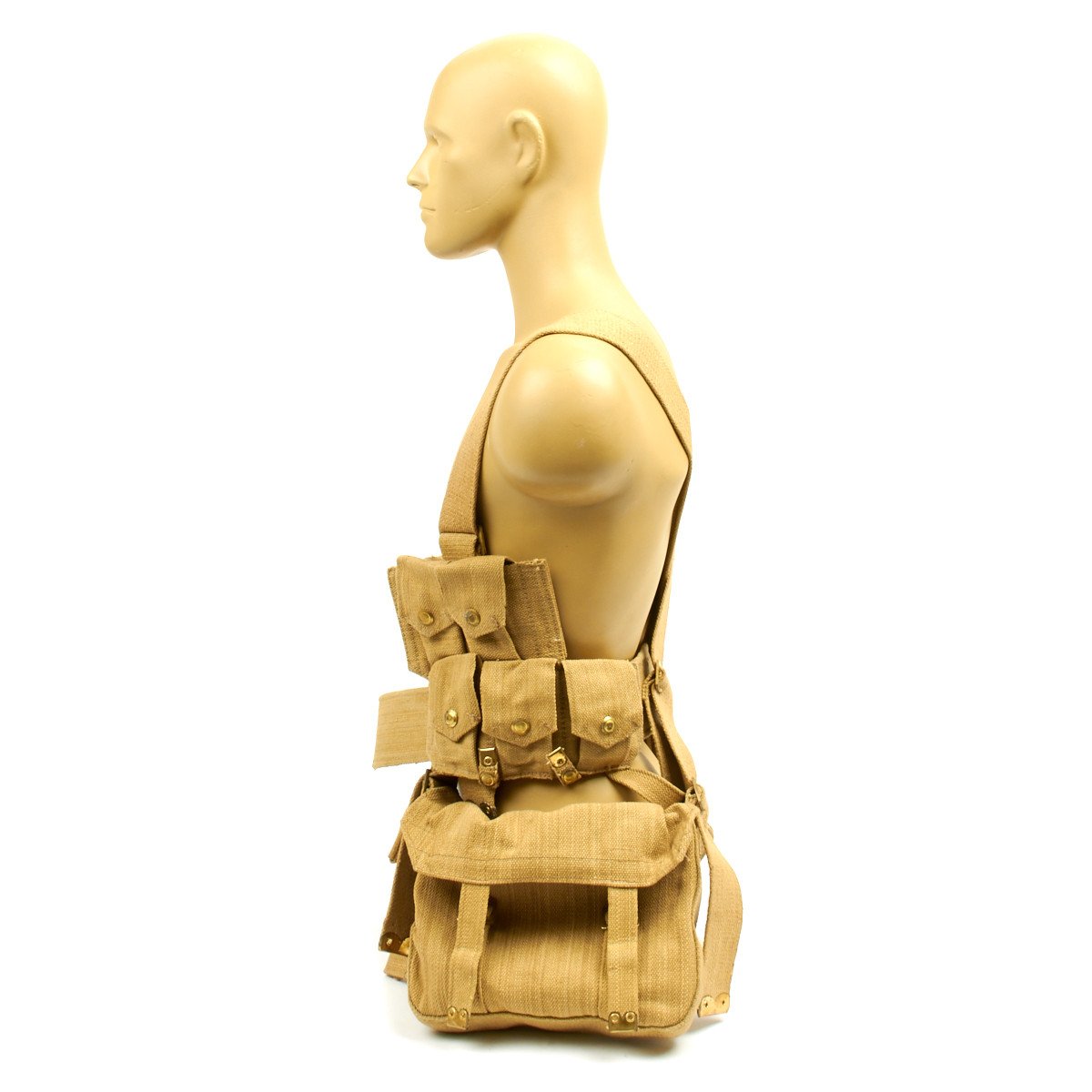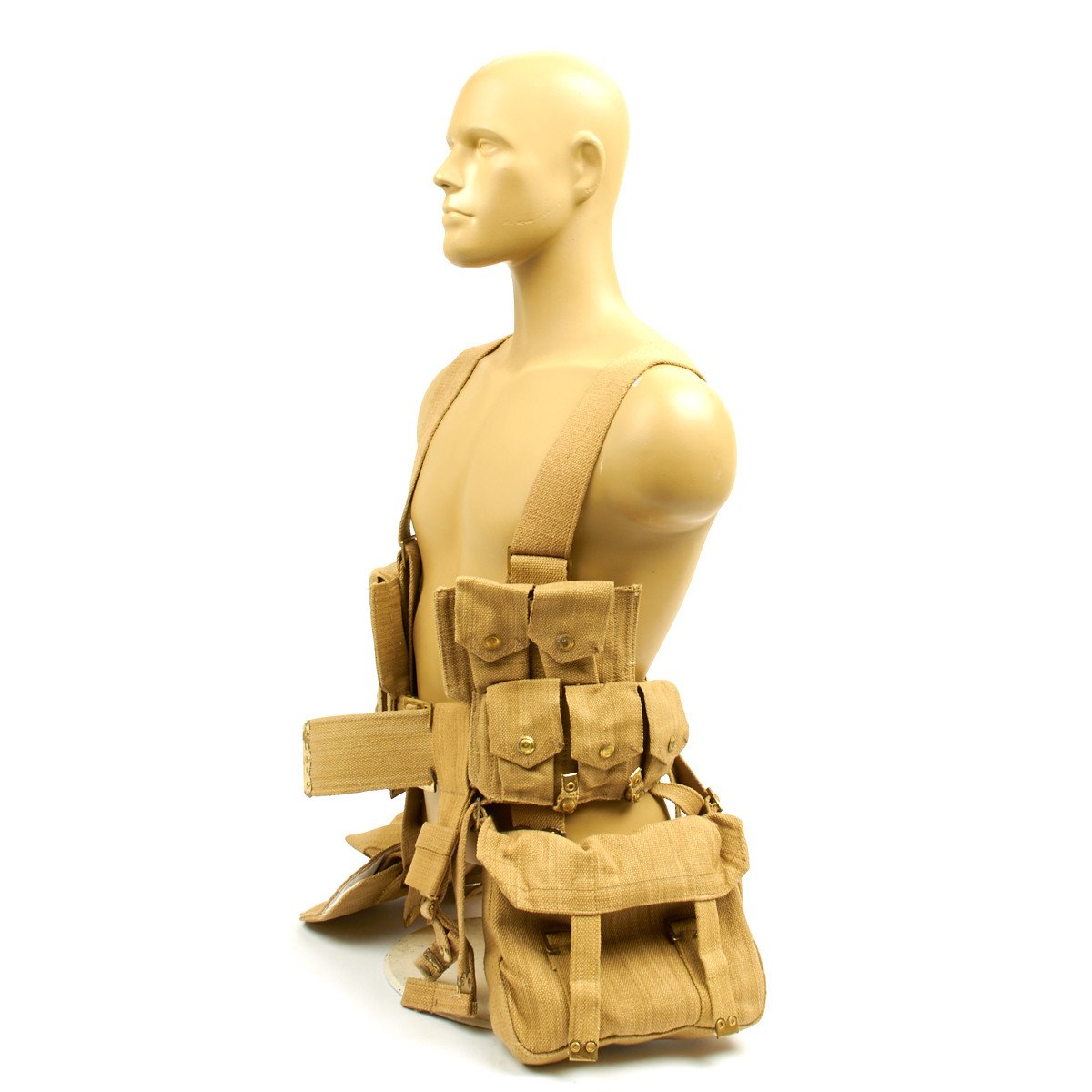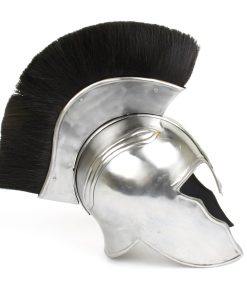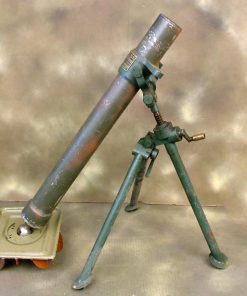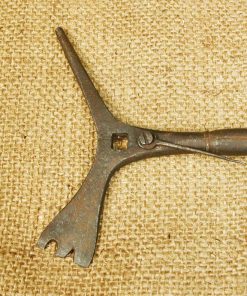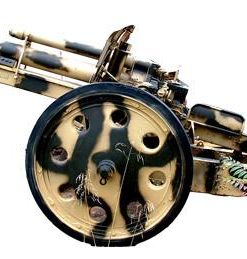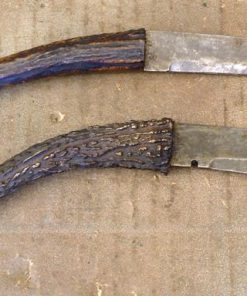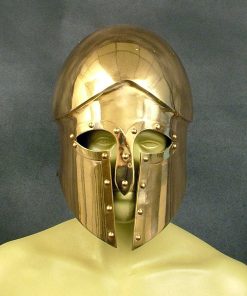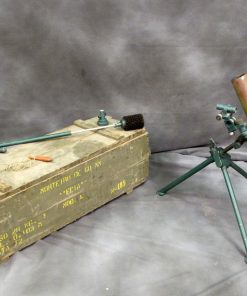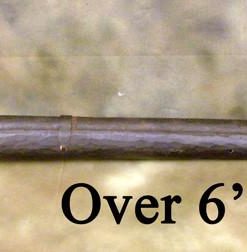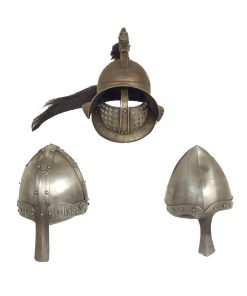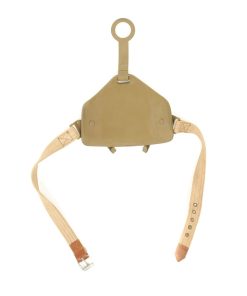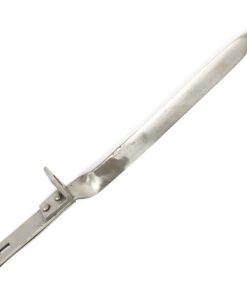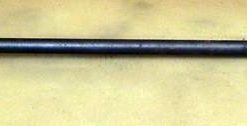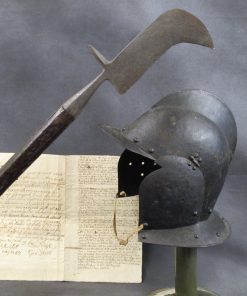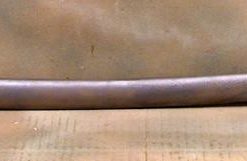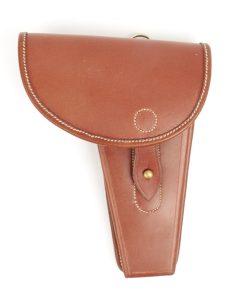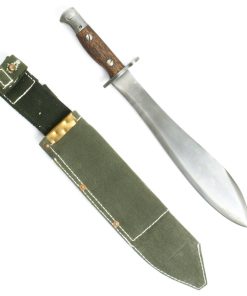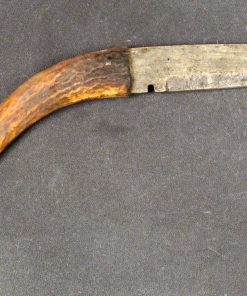British WWI Pattern 1908 Complete Webbing Equipment Set – Grade 2 New Made Items
$ 124,95 $ 49,98
New Made Item: GRADE 2 condition. FINAL SALE non-returnable. Items were exposed to some moisture, may have odor and oxidation on brass fittings.
Ten piece set WW1 British P08 web set features heavy cotton web construction with all brass fixtures.
The British were the first European army to replace leather belts and pouches with webbing, a strong material made from woven cotton, which had been pioneered in the United States by the Mills Equipment Company. The P-08 Pattern Webbing equipment comprised a wide belt, left and right ammunition pouches which held 75 rounds each, left and right braces, a bayonet frog and attachment for the entrenching tool handle, an entrenching tool head in web cover, water bottle carrier, small haversack and large pack. A mess tin was worn attached to one of the packs, and was contained inside a cloth buff-colored khaki cover. Inside the haversack were personal items, knife and when on Active Service, unused portions of the daily ration. The large pack could sometimes be used to house some of these items, but was normally kept for carrying the soldier’s Greatcoat and or a blanket. The full set of 1908 webbing could weigh over 70 pounds when fully loaded.
Set compromised of the following-
Adjustable waist belt- 48 inches long by 3 inches wide.
Small haversack- 10 inches x 10 inches x 2 inches
2 x cross straps (aka braces or shoulder straps)- 58 inches long by 2 inches wide.
2 x Ammunition pouches (Left and Right)- holds 75 rounds each.
Bayonet Frog with separate attachment for Etool handle
Entrenching Tool Helve Carrier
Skeletal water bottle (canteen) carrier
History of the P-1908 Web Set-
When the First World War broke out, the British infantryman wore the best set of field gear of all the nations in the conflict. Its official name was Pattern 1908 Web Infantry Equipment, often abbreviated in Army documents as the W.E. 08.
The Royal Army was very enthused when they introduced the new gear. The manual says:
(A) The component parts of the equipment are all directly connected together.The result of this is that the whole of it can be taken off in one motion, and remains intact and ready for putting on again at a moments notice.
(B) The equipment is perfectly balanced.
(C) There are no straps crossing the chest.
(D) Flexibility of the equipment.the articles carried by the soldier can be disposed in a variety of ways.
Our Tommy is wearing his W.E. 08 in the official configuration. But, as point D above says, components may be worn in various ways. In practice, many Tommies suspended the E-tool carrier in the back rather on the right side. Some official photographs show the frog further forward, being positioned behind the last cartridge pouch on the left side, but we found that if the pouch was filled with ammunition, the bayonet was forced to hang at an uncomfortable angle, so weve moved the frog slightly to the rear. This position is also seen widely in contemporary photographs.
The One-Hundredth Anniversary of the outbreak of WW1 is 2014. When the Fiftieth Anniversary was observed in 1964, massive attention was given to the event, and the price of original equipment from the era skyrocketed. Now, original equipment of all types from the Great War is simply unavailable. When 2014 arrives, replica equipment of all types and all nationalities will become very scarce and very expensive, so now is the time to get ready and gear up.
Prompt Shipping and Professional Packaging
We provide a variety of shipping options due to our long-running partnerships with UPS, FedEx and DHL. Our warehouse personnel are well trained and will pack the goods according to our exact and precise specifications. Before shipping your items will be thoroughly inspected and secured. Every day, we deliver to thousands of customers in different countries. This is a sign of our determination to become the largest online retailer worldwide. Both Europe as well as the USA have warehouses and distribution centers.
Note that orders containing more than one item will be subject to a processing period that is based to the particular item.
Prior to shipping the items, our staff will carry out an exhaustive inspection of the products you ordered. Today, most orders will be delivered within 48 hours. The estimated delivery time is between 3-7 days.
Returns
The stock is constantly changing. It's not entirely managed by us since we are involved with multiple entities, including the factory and our storage. Therefore, the actual inventory could alter at any time. It is possible that you will not receive your order after the order has been made.
The period of time is 30 days. Unfortunately, if 30 days have passed since you purchased your product, we are unable to provide a refund or exchange.
The item must not be in use and must be in the original packaging. The item must be in the original packaging.
Related products
Uncategorized
Uncategorized
Uncategorized
Australian WWII Owen MK1 Machine Carbine SMG Custom Fabricated Replica with Sling Original Items
Uncategorized
Uncategorized
Band of Brothers ORIGINAL GERMAN WWII Le. F.H. 18 10.5cm ARTILLERY PIECE Original Items
Uncategorized
Angolan Rebel 1970s era 60mm Inert Display Mortar from Angolan Civil War Original Items
Uncategorized
Uncategorized
Uncategorized
Uncategorized
Uncategorized
Armored Burgonet Helmet & Polearm from Scottish Castle Leith Hall Circa 1700 Original Items
Uncategorized
Uncategorized
Uncategorized
Armoured Fighting Vehicles of the World: AFVs of World War One (Hardcover Book) New Made Items
Uncategorized
Uncategorized
Uncategorized
Uncategorized


